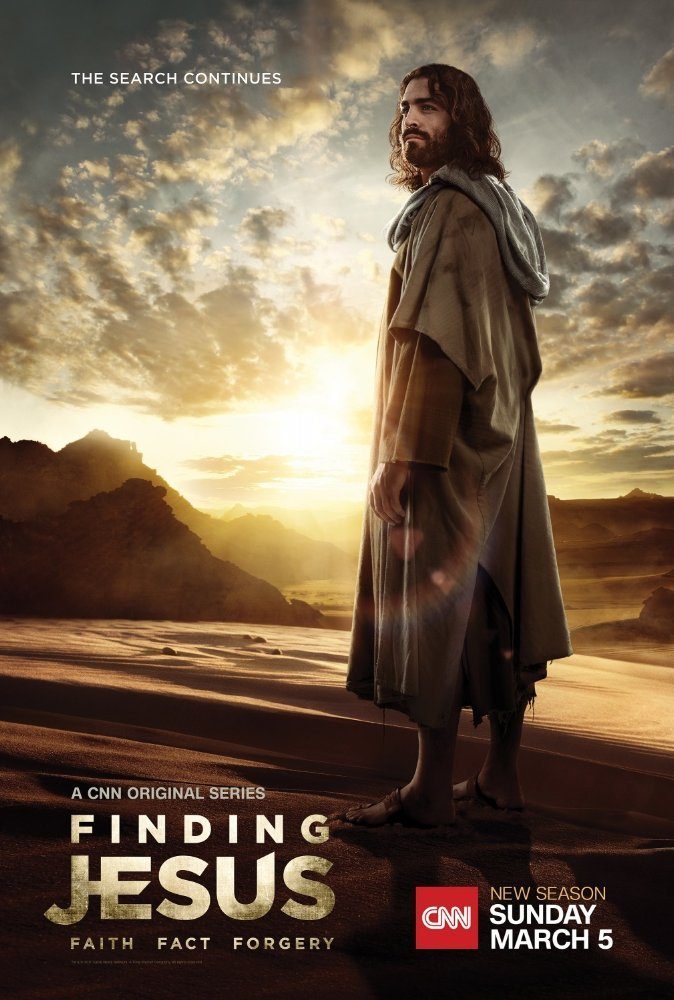
Asking The Right Questions: 3 Questions Parents Must Ask Their Children to Help Them Process Movies
By Dr. Ted Baehr
Note: This is part 2 in a parenting series. Click here to read part 1.
The basic rudiments used to construct a message include stand-alone facts about at least one interesting character, a believable environment, and a motivation for his or her action, despite increasing obstacles. The first step is to identify these key elements. Then we can analyze the character traits, the rules that govern their environment, and the main characters’ behavior, along with the consequences for their actions, which altogether involve an audience in the ensuing drama.
Whether intentional or not, every story depicts a point-of-view by how these elements comprise the final outcome. Through a series of story events, seeds of thought are planted regarding a broader worldview.
The premise is a concise statement of the thematic message that the story illustrates. The premise drives the story to a logical conclusion, which gives credence to the message. Thus, ascertainment of the premise identifies the basic idea that the media will plant in the mind of its audience. If the premise is “good triumphs over evil,” then the drama will engage the audience in viewing how the good hero triumphs over the evil villain.
As a general rule there is one main premise for the sake of clarity, and most premises do not express a universal truth. For example, poverty does not always lead to crime, but if that is the premise, the story will present believable circumstances to support that statement. In BREAKTHROUGH and UNBROKEN, faith triumphs over death; and in MACBETH and AVENGERS: ENDGAME, ruthless ambition destroys itself (with AVENGERS it is Thanos the protagonist in the movie).
With a little practice, the premise is found by analyzing the story. For example, In DRIVING MISS DAISY, a woman alienated everyone by her cruelty, until her Christian chauffeur overlooks her demeaning barbs, so that in the end, she discovers true friendship. This heart-warming story proves the incredibly powerful premise that Christian virtues bring reconciliation.
Finding the premise will also help your children develop cause and effect thinking, which is so important in understanding a story.
Another way of finding the premise is to ask these three questions: What happened to the hero and villain at the very end? How did that happen? Why?
After this step, we continue in the ascertainment stage, to address traits of the character and the story environment before moving on to the next stage of the media literacy process. Even if a premise appears biblically correct, the method for proving the statement may not be.
In popular entertainment one hero is the main focus, who is easily identified by children as the one to root for. Yet it is important to analyze the appropriateness of the hero’s behavior. In THE LORD OF THE RINGS and NARNIA the hero is helped by supernatural forces that depict an Act of God. In CHARIOTS OF FIRE and INVINCIBLE, the hero triumphs not only because they are superior, but also because they do the right thing. In SHREK or FORREST GUMP the hero triumphs because of quirks of fate. The Christian worldview can also show that a hero is overwhelmed by adversity, such as in THE DIARY OF ANNE FRANK, to illustrate the difference that faith makes to enter eternity with hope and dignity. Christian heroes make good models.
A hero who triumphs through acting out devious, privileged or paranormal behavior presents a view that denies having ultimate accountability to Our Heavenly Father. Pursuits that focus on selfish, materialistic, or purely emotional gratification present an anti-Christian worldview that is detrimental to the development of Christ-like traits such as integrity and diligence, which precede attaining any goal of lasting value. Harry Potter is basically unruly. His best qualities are overshadowed by his propensity to play tricks, enhanced by an interest in the occult. Care must be taken to ensure children find no fascination with paganism or desire to experiment with the occult. In contrast, Frodo, the humble hobbit, is motivated by loyalty and succeeds by grace and mercy. Spiritual gifts in the Christian worldview are given to enable faithful servants to do good work. Even a child can recognize the correctness of rooting for a hero who benefits his community, and the error of rooting for a self-serving liar.
Note that many dramatists[i] refer to the main character who forces the action, whether good or bad, as the protagonist, whereas the antagonist opposes the outcome that is pursued by the protagonist. Both the protagonist and antagonist construct the dynamics of the story and their characteristics must be closely ascertained. Thus, it is equally important to identify the characteristics of the antagonist. A Christian worldview represents villains as characters that compensate for a lesser degree of true power by using deception and aggression against the hero. In the news, business leaders, conservative Christians and political leaders are often cast as the villains. It is necessary to discern what characteristics are attributed to the hero and the villain.
In the first two HARRY POTTER books and movies, the initial villains are Harry’s non-magic repulsive relatives, who are terribly cruel to Harry, but the real villain is the wizard Voldemort, who is clearly rotten to the core. There is no distinction between the sources of good and evil since wizardry is used against wizardry. However, In THE LORD OF THE RINGS, Saruman and Sauron are clearly evil in the classic biblical sense of Lucifer. That is, they are filled with pride, greed and envy.
The media influence us both by including and by excluding material. To understand how, look through viewfinder of a camera and note how you can completely change the mode of a scene by what you place within the frame of the picture. Let your children do the same and you will help them to develop a critical media literacy skill. Research shows that the background environment of an entertainment media product has a tremendous impact on the worldview of the audience. One college student wanted to become an anthropologist because of a beautiful picture of a temple in Bali. When I recognized the location and showed the student a picture that I took of the area, which showed that the temple was surrounded by a gas station and urban blight, his perspective changed.
To develop awareness of how the environment sends a message, children can be shown that props and scenery are used to set a story in a particular time and place. A horse and carriage may signal that a story is set in the past. As children learn to notice details, reading and viewing will become a richer experience. Misconceptions about the environment will send you distinct messages that influence how you look at the world and the subject matter of the entertainment product. In other words, the camera does lie, and so do the microphone and the computer.
Closely related to the environmental is the question of how language is used in a mass media product. A definitive study by Professor Timothy Jay titled “Cursing in America”[ii] found that only 7% of American people curse on the job and only 12% in their leisure time, yet many movies and television programs would lead us to believe that Americans curse all the time. One school of Marxist thought considered language as a weapon with which to attack the bourgeois society in which we live.[iii] Several advant garde playwrights belong to this school. In the years that MOVIEGUIDE® has researched audience preferences, evidence was found that the more foul language included in a movie, the worse it will do at the box office.
Any social issue in any environment from modern inner city turmoil to intergalactic science fiction contains environmental elements to be recognized for their impact on the story. Even a fictional universe needs stabilizing laws that maintain order under the best of circumstances, and threats that upset the balance create conflict. The environment should provide some degree of predictability and logic. Although supernatural gifts may be introduced, they are used to serve the greater good, when evil elevates conflict to a level that is humanly impossible to overcome. A Christian worldview shows the environment is ordered by stabilizing laws, with justice and mercy manifested through the consequences of actions, even if that order is known as a paradise lost.
______________________________________________________
Editor’s Note: These articles are adapted from Dr. Ted Baehr’s THE CULTURE WISE FAMILY book. You can buy a copy from www.movieguide.org or on Amazon.
[i] Such as Lajos Egri, who wrote the definitive text about scriptwriting, THE ART OF DRAMATIC WRITING, which is required reading at premiere film schools.
[ii] Jay, Timothy, CURSING IN AMERICA (Philadelphia: John Benjamins Publishing Company, 1992).
[iii] The famous Marxist, Professor Marcuse at the Sorbonne, advocated using language as a weapon. He inspired many of the most renowned Communist revolutionaries in the 20th Century. Even Jane Fonda studied with him.
Questions or comments? Please write to us here.


 - Content:
- Content: 

 – Content:
– Content: 